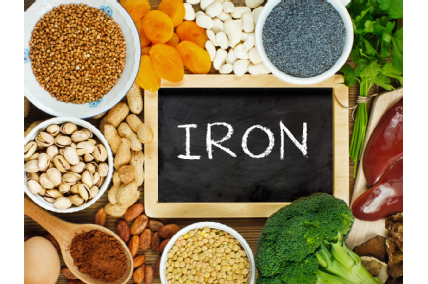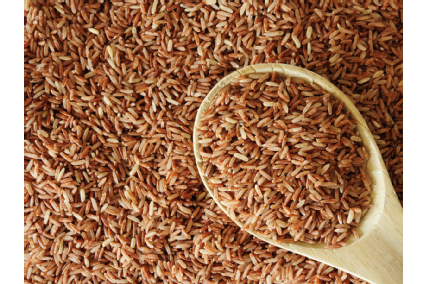Calcium and vitamin D
Maintaining a healthy, balanced and calcium rich gluten free diet is important to help keep your bones healthy and reduce the risk of osteoporosis.
People with coeliac disease may have an increased need for calcium compared to the general adult population.
Download our fact sheet for more information about calcium.
Recommended intake
Adults with coeliac disease should have at least 1,000 milligrams (mg) of calcium each day. The recommended amount for the general population is 700mg.
| Per Serving | Portion Size | Calcium |
|---|---|---|
| Semi skimmed milk | 200ml | 244mg |
| Calcium enriched Soya milk | 200ml | 240mg |
| Tinned sardines with bones | 1/2 can, drained (42g) | 230mg |
| Cheddar cheese | 30g | 220mg |
| Pot of Yoghurt* | 125g | 170mg |
| Kale |
3 tablespoons (80g) |
120mg |
| Baked beans* |
1/2 tin |
105mg |
| Kidney beans |
120g |
85mg |
| Almonds |
30g |
70mg |
| Broccoli |
80g |
32mg |
| Dried apricots |
30g |
30mg |
Vitamin D
Your body needs vitamin D to absorb enough calcium.
Vitamin D is made by the skin from spending time in the sun. In the UK, people will get more vitamin D from sunlight between March and September but will have difficulty getting enough in the winter months. There are only a few foods which are good sources of vitamin D including oily fish, eggs, margarine and fortified breakfast cereals. This means it can be difficult to meet vitamin D requirements through diet alone in the winter months.
The Scientific Advisory Committee on Nutrition recommends everyone in the general population aged 4 years and older (including pregnant and breastfeeding women) should have 10 micrograms of vitamin D per day.
Between September and March it's worth considering a daily supplement containing 10 micrograms of vitamin D.
Some people are at increased risk of vitamin D deficiency and should consider taking a daily supplement containing 10 micrograms of vitamin D all year round. This includes:
- ethnic minority groups with dark skin
- people who spend little or no time outside
- people who always cover their skin when outside
There are also recommendations for vitamin D supplements for children:
- Children aged 1 – 4 should have a daily supplement of 10 micrograms, all year round
- Babies under 1 year should have 8.5-10 micrograms of vitamin D a day if they are breastfed
- Babies who are having more than 500ml of infant formula a day shouldn’t be given a supplement as formula milk is fortified with vitamin D
Your pharmacist, GP or dietitian can provide you with advice on vitamin D supplements.
Supplements
If you can’t get all the calcium you need from your diet and your calcium levels are low, you may need to take a calcium supplement. Some are combined with vitamin D.
If you feel you may need supplements, speak to your doctor or dietitian who will provide further advice and prescribe them if necessary.
Your consultant will be able to advise if you require medication in order to lower the risk of bones breaking in the future. Bisphosphonates are most commonly used to treat osteoporosis – these drugs slow down the rate of bone loss. However, depending on individual circumstances, other drug treatments may be needed.



